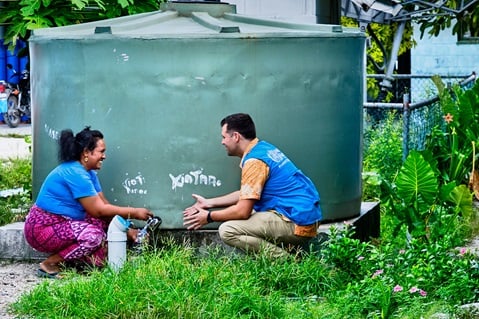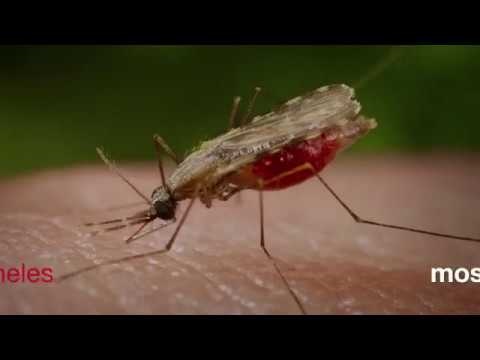
Guiding research on infectious diseases of poverty
Overview
Infectious diseases linked to poverty, such as malaria and neglected tropical diseases (NTDs), have had a significant negative impact on social and economic development in the Western Pacific Region. Despite recent progress towards the control and elimination of these diseases, the Region is facing new and emerging threats including multidrug resistant malaria, increased risk to vulnerable populations, and the effects of climate change. Research plays a critical role in tackling these challenges. Strategies and tools based on sound research make disease prevention programmes more effective. Current regional action plans on malaria and NTDs include implementation research as one of their strategies.
WHO Western Pacific Regional Office has been collaborating with the Special Programme for Research and Training in Tropical Diseases (TDR) since 2006 to strengthen the research capacity of relevant national individuals and institutions in countries of the Region. This collaboration also facilitates and strengthens implementation research for the control and elimination of infectious diseases of poverty, including research that addresses issues related to the culture and environment that contribute to these problems. This is done through the implementation of the Joint TDR/Western Pacific Region Small Grants Scheme for Implementation Research in Infectious Diseases of Poverty, as well as through conducting workshops on proposal development and scientific paper writing.
The Joint TDR/Western Pacific Region Small Grants Scheme has so far funded 46 research studies since 2006 on malaria, tuberculosis, NTDs and leprosy from 10 countries in the Region.





